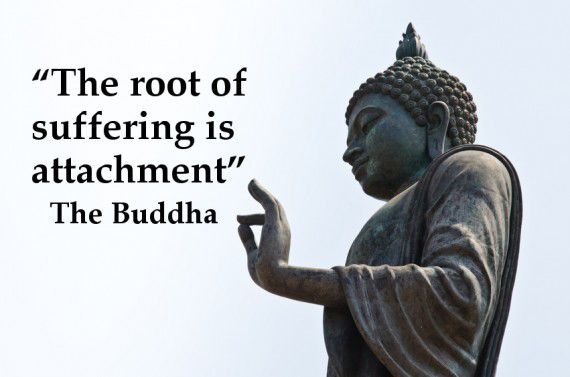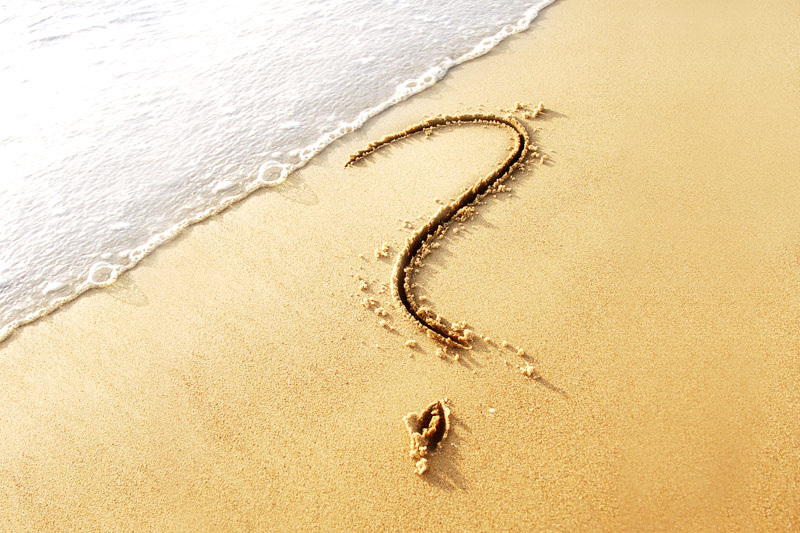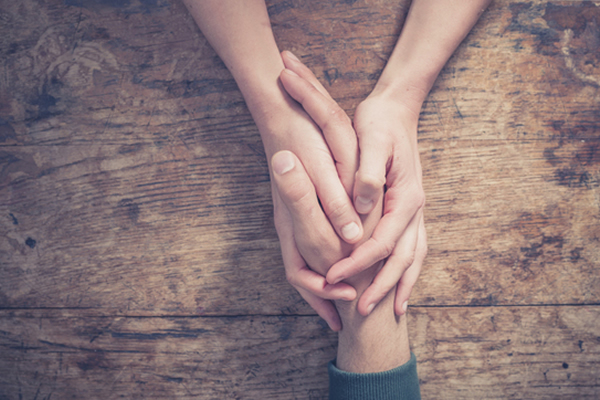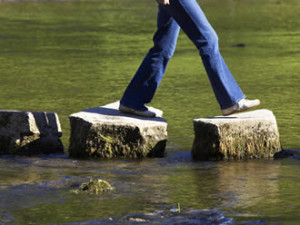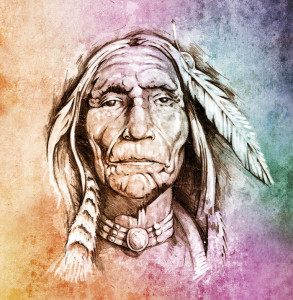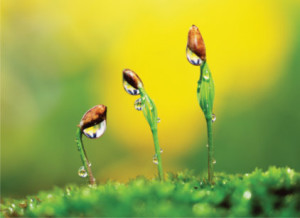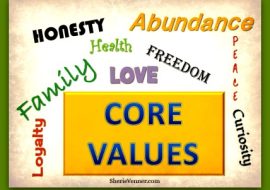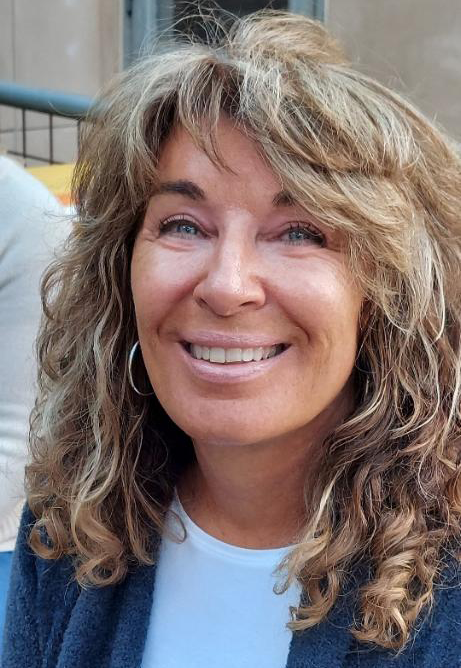Years ago, while studying the Course in Miracles, I read that we shall not judge one another, because everyone is always doing their best in any given moment.
That stayed with me…….but I didn’t really believe it.
Looking around, it appeared that people should know better than to do hurtful things to one another, ignore each other, or make stupid choices.
Don’t we all feel that someone has wronged us?
⦁ That our parents did stupid things, hurtful things that we would never do?
⦁ We judge others’ lifestyles, because they look weird to us.
⦁ We see the husband cheating on the wife who believes she is doing her best to make the marriage work.
⦁ The man who chooses not to forgive the father who used to berate and beat him, but now desperately wants a relationship.
⦁ The friend who declares eternal love, but keeps “forgetting” dates to get together, doesn’t call, goes out with other friends and doesn’t invite you.
⦁ Or, the person in the super-market who won’t smile back, just stares or looks away.
⦁ The people that are so irresponsible, it’s hard to understand how they make it through life.
⦁ The person who lies about everything.
Observing all this, it seemed clear to me that it was simply not true that everyone is doing their best.
Some things are just obviously right or wrong and we should know this.
To be truthful, I just didn’t get it…. for years. I continually judged, because it seemed so straightforward to me that some people’s choices were just plain selfish, stupid and mean.
It took some painful events to wake me up (isn’t it always that way!), to humble me and my opinions.
To see it differently.
It took going deeper. It took realizing that we are sacred beings, each of us with a purpose that only God knows.
But it helps to understand. Our mind likes organization and order. So I began taking a closer look at what might prompt some of the behavior that looks so hurtful.
⦁ What causes a person to act selfish?
We are complex beings, but we have learned that there are certain things children need to become healthy, well functioning adults. If they are deprived of those basic needs, parts of their psyche become misaligned or crippled.
Babies need touch. That’s a fact. Some years ago this tragedy was all over the media about some orphanages in Eastern Europe where babies and toddlers were left neglected in their cribs without human touch. They simply died.
Our body and psyche need to be connected, acknowledged and appreciated. We need to be bound to others, be nurtured, understood and loved. Human beings are social animals.
When our parents are incapable of nurturing our body, mind and spirit, parts of us wither. Typically then it becomes difficult to develop compassion, integrity, understanding, generosity, kindness and connection as we grow into adulthood.
We first have to receive, before we can give to others.
If we do not receive compassion, we can’t give it. If we do not experience kindness and connection, we can’t give it.
Worse .…..depending on the degree of isolation, we might become narcissistic. That is the epitome of self-centeredness, wherein someone is so lacking that they are incapable of forming a bond or giving selflessly.
So, selfishness, I found, exists on a continuum.
Our ability to give depends largely on what we received in childhood.
⦁ Why are some people always critical?
One of my clients was perpetually criticized and reprimanded as a child. The parents didn’t know any better, because that is how they were raised.
They had good intentions, they believed that this would make him an aware person, who would know the difference between right and wrong.
This young man found himself constantly being critical of others, either aloud or silently. Particularly of his girlfriend. He was letting her know that he knew better and she needed to listen to him. He was certain he was doing the right thing. Eventually she left him. This scenario repeated a few more times until he realized he needed some help.
He felt so insignificant as a child, that by degrading someone else as an adult, he made himself feel more significant.
It’s painful for everyone involved, because the person who is hurt by the behavior suffers and the person who perpetrates recognizes on some level that something isn’t right. They may even feel imprisoned in their emotional state.
⦁ What about all the other strange behaviors?
Sometimes we have a deep fear that we will not get what we need from others. That we don’t really deserve anything good.
We develop coping skills, we will find a way to survive.
That may include drinking, drugs, sex, overeating, anger, avoidance, denial, too much activity…..keeping busy so we don’t have to be present. We get quite creative with the possibilities.
Carol grew up in an uncertain, frightening environment. As a little girl, she watched her bi-polar schizophrenic mother being taken away in a straight jacket, never to return. Her father dealt with his despair by drinking, screaming and physically abusing his children; waking them up in the middle of the night to have them pull weeds naked. Carol’s older brother left home to join the army as early as he could. Then her younger brother ran away. This left her unprotected, afraid and alone. She often had to sleep outside and didn’t know when the next meal would come.
This little girl only knew chaos, there was nothing safe and solid to hold onto.
As an adult, Carol can only focus on one thing at a time, she is easily overwhelmed. She is full of anxiety and needs to verbally outline everything she will be doing for the next few days. She has lived in the same home for most of her life and is very obsessive on how she arranges her things and her life.
One of her coping skills is denial.
Denial of her deteriorating marriage, her advanced age, the state of her deteriorating home, that time is not standing still…..
This is how she creates a perceived sense of safety.
She is doing the best she can.
⦁ Why do people lie?
As children we don’t want to get in trouble, we want to be loved and accepted. Yet at times there are things we want to do that we know we shouldn’t do.
So we learn to say….it wasn’t me, I didn’t do that.
If many things are forbidden, we become very creative. We develop a very sensitive radar to what is expected from us.
We learn that it isn’t safe to be truthful, because we won’t be accepted or worse, we will be punished.
This can become a habit, a pattern, as we grow into adulthood.
We all want to be liked. If we suspect that our behavior might upset someone, we just make up a little lie….or a big one, so we can look good to others and continue to be accepted.
———————————-
Once we step through the door of understanding, the door widens and……………
…when we begin to see others with compassion, with the intention to love, it becomes clear that everyone is always doing the best they can.
Even if we don’t know their history!
—————————-
In life the happy, joyful, peaceful times carry us forward and give us strength. The painful times help us grow…. if we are open to learning.
It’s how we all make it through life. When we know better, we do better.
Looking at it this way then, we are ALL always doing the best we can in any given moment.
Check out another perspective: https://kripalu.org/resources/what-if-were-all-doing-best-we-can


